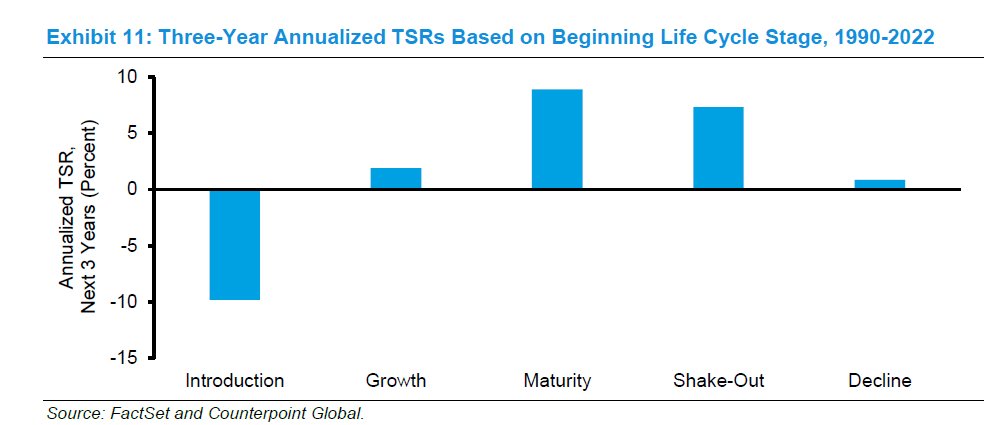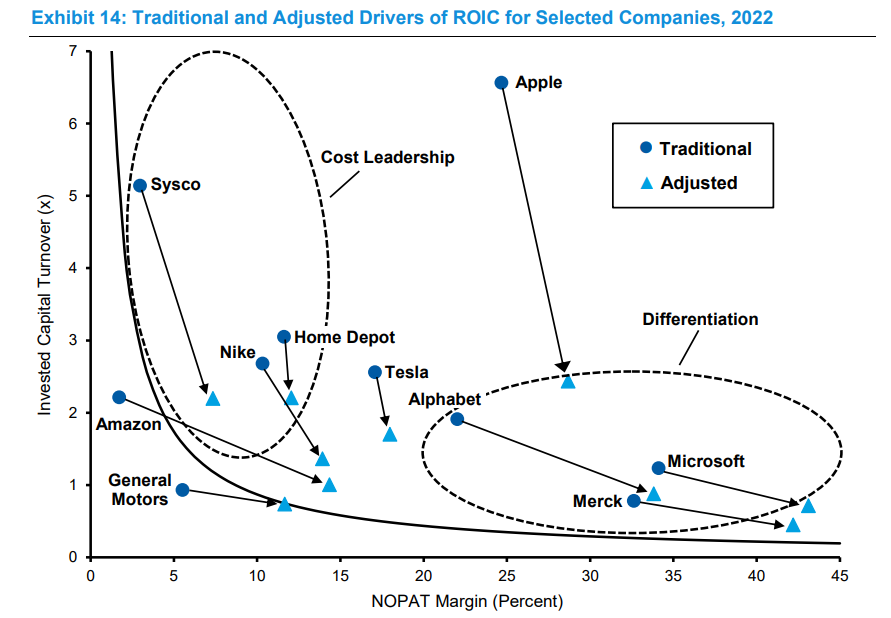"We’ve recommended Danaher stock to our clients for
about 15 years but not without some second thoughts at times" $DHR
"An industrial company that decides to become a
healthcare company ... acquisitions that sometimes
challenge even the most forward-thinking analyst."
about 15 years but not without some second thoughts at times" $DHR
"An industrial company that decides to become a
healthcare company ... acquisitions that sometimes
challenge even the most forward-thinking analyst."

"Not only is Danaher willing to become smaller, but once it believes that an asset no longer fits in its long-term plans, it finds a better owner for it—even if the asset is still growing and creating value. This is in sharp contrast to the traditional conglomerates of the past"
Discovering the Toyota Production System
"Koenigsaecker formally employed the Japanese experts on a consulting project ... Lean and continuous improvement principles fully into its culture."

"Koenigsaecker formally employed the Japanese experts on a consulting project ... Lean and continuous improvement principles fully into its culture."


"the Danaher Production System was born, the predecessor to the more evolved and broader Danaher Business System. Its basic principles, rooted in Lean and continuous improvement, are fundamentally unchanged today."
"In the late 1980s industrial assets were for sale on the cheap"
"Danaher acquired businesses considered solid, yet poorly run and in need of very hands-on management support."
"Danaher acquired businesses considered solid, yet poorly run and in need of very hands-on management support."

"It was no longer enough for Danaher to excel with
Lean and smart M&A."
"Culp wanted process in everything. He wanted no
waste."
"The result was a deeply rooted culture of pervasive improvement."
Lean and smart M&A."
"Culp wanted process in everything. He wanted no
waste."
"The result was a deeply rooted culture of pervasive improvement."

CFO with 250 deals worth $45 billion under his belt:
“Now that the deal is closed, please tell us everything that you failed to tell us during diligence.”
"He believed that ... what distinguishes the good from the bad deals are the speed and permanence of the fixes"

“Now that the deal is closed, please tell us everything that you failed to tell us during diligence.”
"He believed that ... what distinguishes the good from the bad deals are the speed and permanence of the fixes"


"every acquisition has a war room with timelines, maps, and checklists. Responsibilities are clearly noted, and if someone is falling behind, the red ink denotes that as an area of focus"
"Repeatable functions are easily measured, and what’s measured can usually be improved"
"Repeatable functions are easily measured, and what’s measured can usually be improved"

"Danaher believes people normally quit because of bad managers, not because of pay... unusually high turnover or degradation in employee engagement, the manager is usually the root cause.
It believes bad managers have a terrible impact that can last long after they are gone"
It believes bad managers have a terrible impact that can last long after they are gone"

Book: Lessons from the Titans
• • •
Missing some Tweet in this thread? You can try to
force a refresh















